One of the most disappointing car launches that I have ever attended was held for the Citroen Cactus in 2014. The launch event was a major spectacular, held near to Charles de Gaulle Airport, north of Paris. Heralded as a ‘typically Citroen’ gamechanger, while Cactus featured a number of novelties, such as an overhead front passenger airbag and (cheap) flip-open rear windows, it was also jam-packed with falsehoods.
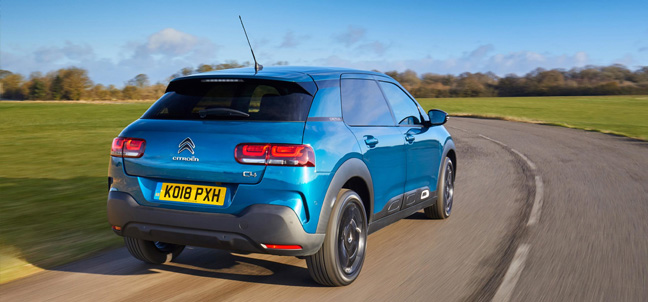
Based on a stretched version of the old C2 platform, using C3 components, it was not as innovative as it might have been, despite Citroen stating the contrary. Having named its newcomer ‘Cactus’ but declaring that it was a production ‘one-off’, I half-expected the desert plant fibres to have been used in producing the upholstery, or the dashboard, rather than new plastics. Of course, Cactus is now available in Mark Two form, further belying its earlier statement but is far better suspended than before and, ostensibly, more the car it should have been five years ago.
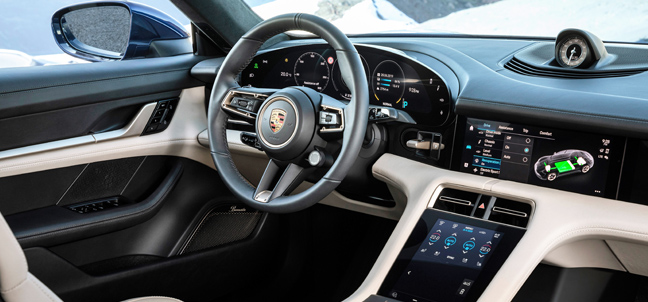
Yet, my issue related to replacing the use of plastics in vehicles is still a big problem. While VW Group was hyperactive during the mid-1990s, introducing its revolutionary ‘slush-moulded’ plastics that were purported to recycle previously used plastics for cabin trim purposes, it has been revealed that the actual percentage of ‘old’ plastics used in the process is exceedingly low. However, the German giant did reduce the amount of petroleum-based plastics, such as wire insulation materials, replacing them with fruit-based fibres.
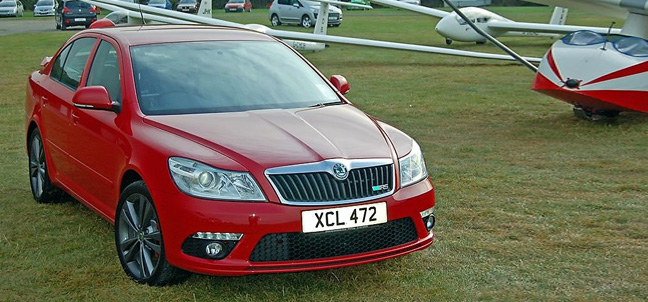
Owning a brand-new Skoda Octavia vRS in 2010 was a delight, until its electrics went haywire, illuminating the dashboard alarmingly, like a fireworks display. Following four days of dealer investigation, it was discovered that rodents, specifically rats, had not just found a warm place to rest beneath the bonnet but also managed to dine out on my car’s fruit-based plastics. The car needed a new wiring-loom and the replacement of several other items, to a total of almost £10,000 damages, which VW Group in the UK did not underwrite, despite agreeing that there was a rodent problem with its cars in North America.
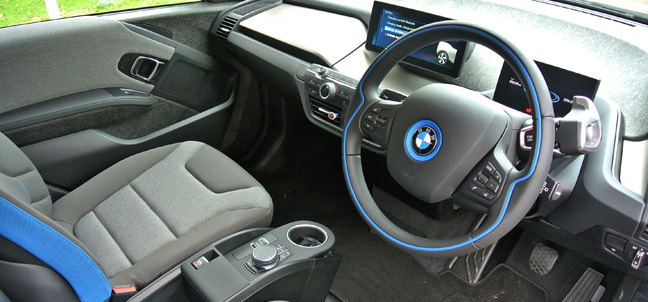
When BMW launched its i3 model, apart from the extensive use of recyclable plastics for its body panels, which were attached to a carbon-fibre, rather than steel safety cell, its interior trim was produced almost entirely from bamboo and related grass fibres. I applauded it in 2013 and continue to do so today, because BMW remains the only carmaker, apart from Porsche on its latest Taycan EV model, to use renewable natural resources to trim its cars.
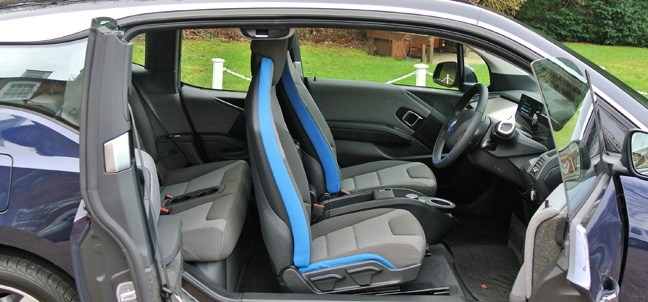
Bamboo is versatile. It is a fast-growing type of grass. While a tree can take forty years to reach maturity, bamboo can be harvested between one and five years. Bamboo is already being used to replace single-use plastics and paper products. When discarded, it degrades naturally, without damaging the environment. If you want my advice, seek out the bamboo alternatives. They are out there. In the meantime, I shall continue to urge the motor industry to do likewise.
